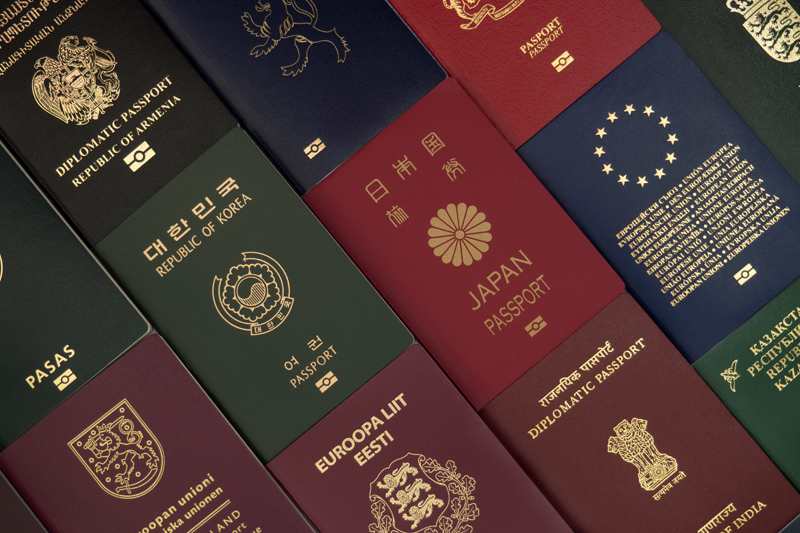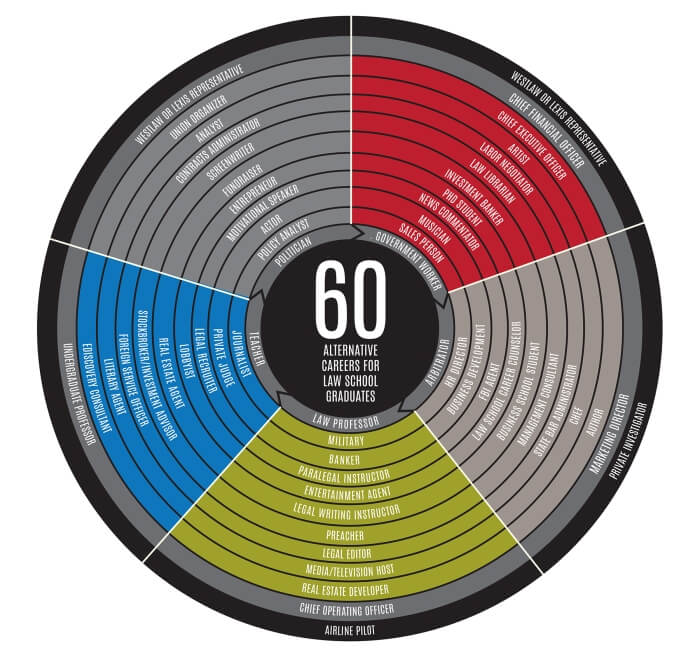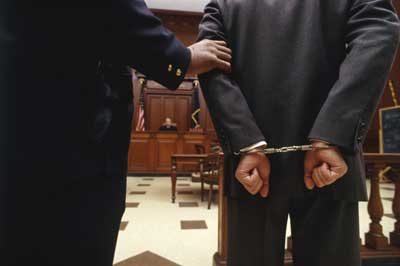OpenAI, the renowned developer of the widely-used AI-driven conversational tool ChatGPT, has formally requested a federal court in San Francisco to dismiss specific portions of two ongoing lawsuits. These legal actions were brought forth by authors, including the prominent comedian Sarah Silverman, who have accused OpenAI of violating their copyrights.
In a recent development on Monday, OpenAI directed its efforts towards what it referred to as “ancillary” claims within the lawsuits. The company asserted that the text generated by ChatGPT does not transgress the authors’ rights in relation to their literary works. Despite this stance, OpenAI did not seek the court’s dismissal of the central allegations that revolve around the use of the authors’ books to train ChatGPT, potentially leading to copyright infringement. While the representatives for OpenAI and the involved authors have yet to respond to these legal maneuvers, the intricacies of the case continue to unfold.
The genesis of the legal dispute traces back to earlier this summer when two distinct groups of authors initiated proposed class-action lawsuits against OpenAI. The crux of their claims lies in the contention that OpenAI improperly incorporated their literary creations into datasets employed for training ChatGPT’s capacity to formulate responses to human-generated text prompts.
See also: OpenAI’s New Chief Legal Officer Gears Up to Tackle Unprecedented Challenges
Notably, Sarah Silverman’s faction has taken a parallel legal course by also instituting a lawsuit against Meta Platforms, highlighting the interconnectedness of copyright concerns across technological domains. Furthermore, a slew of similar lawsuits have been directed at industry giants such as Google, Microsoft, and Stability AI, each centered around the usage of their technologies for AI training and potential copyright violations.
OpenAI’s response, articulated on Monday, focused on debunking the claim that the output generated by ChatGPT qualifies as “derivative works” of the authors’ books. OpenAI emphasized that the authors have failed to provide substantial evidence illustrating that ChatGPT’s text output bears sufficient resemblance to their original works, a key benchmark for establishing copyright infringement.
In a comprehensive legal approach, OpenAI not only contested the copyright infringement allegations but also sought the dismissal of the authors’ supplementary claims under both state law and the Digital Millennium Copyright Act (DMCA). This multi-pronged strategy underscores OpenAI’s determination to rigorously address the spectrum of allegations raised against it.
As the legal proceedings continue to unfold, the case serves as a significant juncture for the intersection of AI technology and copyright law. The outcome of these lawsuits may potentially set precedents in defining the boundaries of AI-generated content and its implications for copyright protection in the digital age.
In essence, OpenAI’s recent actions in the courtroom underscore its commitment to addressing these copyright challenges head-on. The company’s efforts to dismiss ancillary claims while simultaneously contesting core allegations demonstrate a strategic and nuanced approach to navigating this complex legal terrain. As the legal process advances, stakeholders across the AI and content creation landscape will be closely observing the proceedings, considering the potential ramifications for future interactions between innovative AI technologies and established copyright frameworks.
Don’t be a silent ninja! Let us know your thoughts in the comment section below.




























